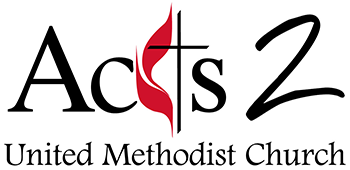Forgiveness Without Limits
Dr. Robert Gorrell
Reading
Then Peter came and said to him, “Lord, if my brother or sister sins against me, how often should I forgive? As many as seven times?” Jesus said to him, “Not seven times, but, I tell you, seventy-seven times.”
Matthew 18:21-22
Reflection
I’m currently teaching a class based on Victor Hugo’s Les Misérables. Few people know that Hugo wrote Les Mis while in exile. No wonder he struggled so deeply with themes of justice and forgiveness.
In the story, Javert is a policeman who relentlessly torments the main character, Jean Valjean. At one point, Javert is captured by revolutionaries. In return for saving the lives of a few of them, Valjean is granted permission to take Javert outside and execute him.
But once outside, something unexpected happens. Valjean speaks briefly—then lets Javert go free.
Valjean hopes this act of mercy will help Javert see that he is no longer the man he once was. It doesn’t work. Javert is unchanged by the forgiveness. But Valjean is. The grace he has received in his life takes root in a deeper way through his act of forgiveness. He will never be the same.
In Peter’s culture, the number seven held spiritual significance. It represented completeness and perfection, reflecting the seven days of creation. So when Peter asks Jesus if forgiving someone “seven times” is enough, he’s essentially asking if full forgiveness has limits.
Jesus’ response is radical: “Not seven times, but seventy-seven times.” In other words, forgiveness must go beyond what we imagine as complete or perfect. That’s the standard of God’s Kingdom.
And on this, Jesus is uncompromising.
Prayer:
God, help me bring my best to forgiving others. Strengthen me to forgive even when it seems impossible. Amen.


